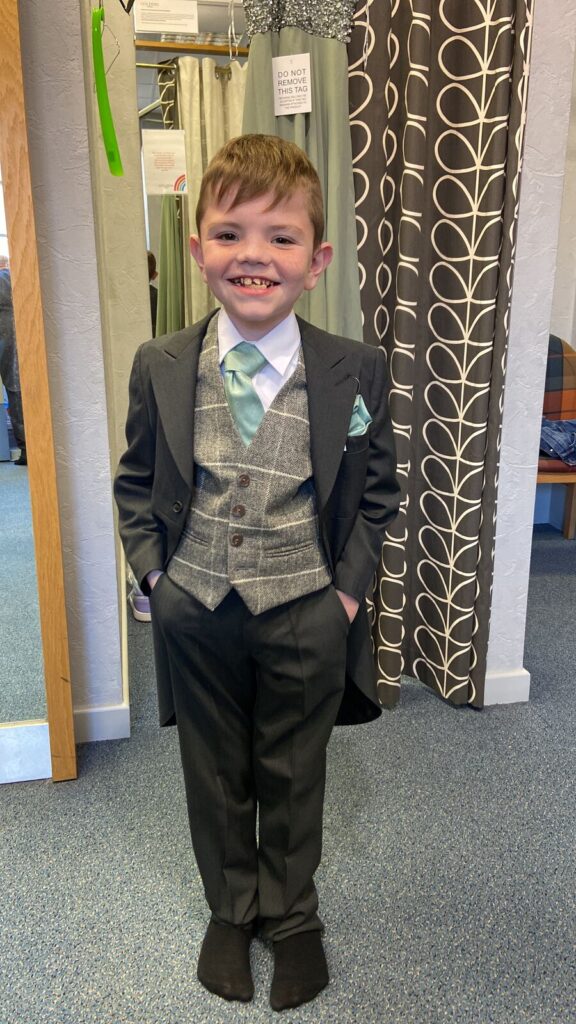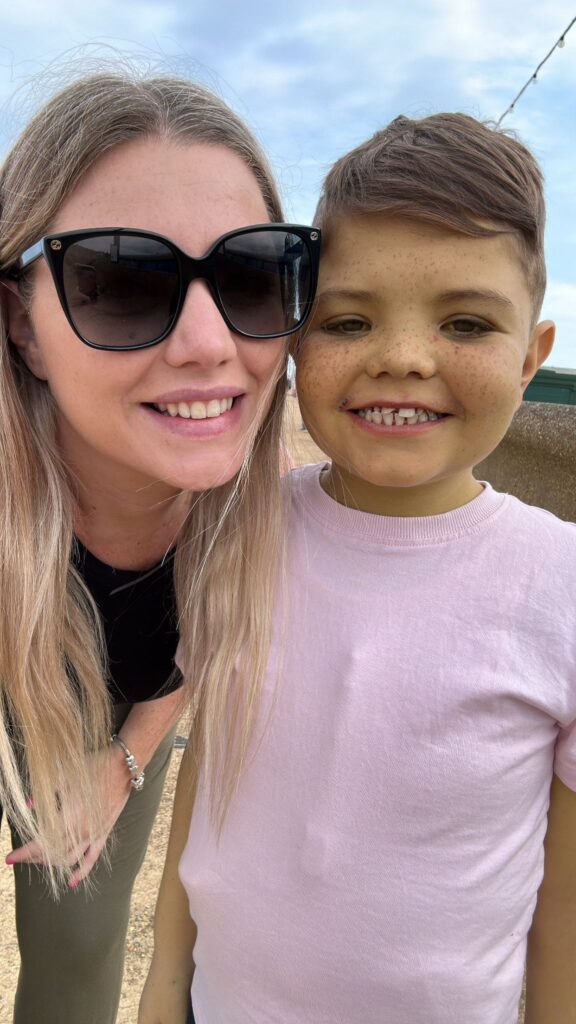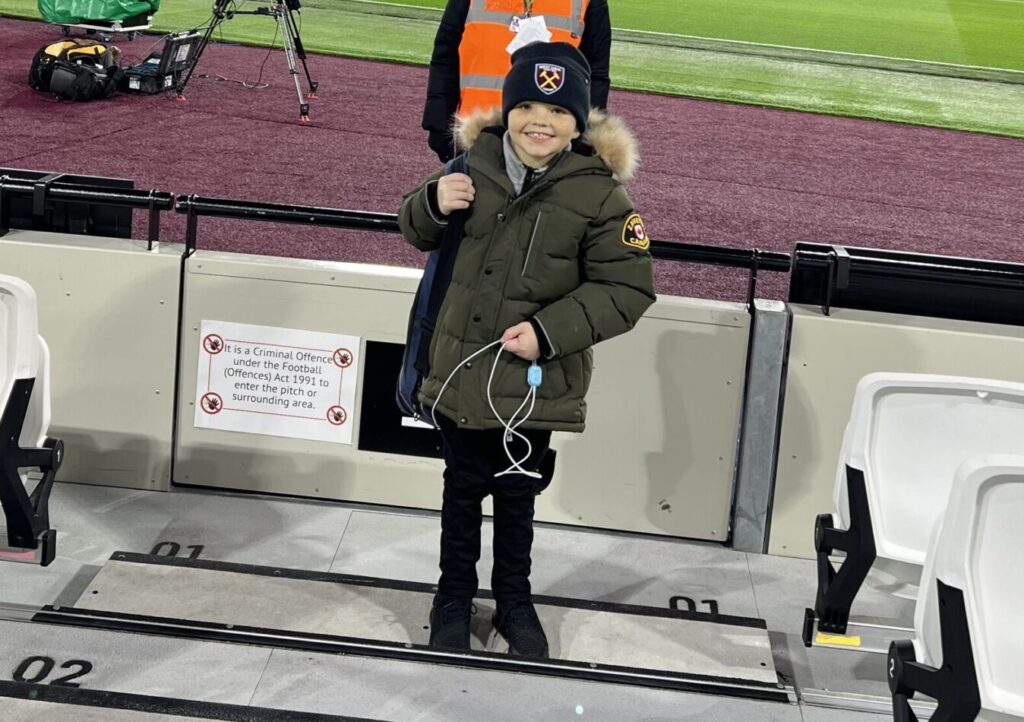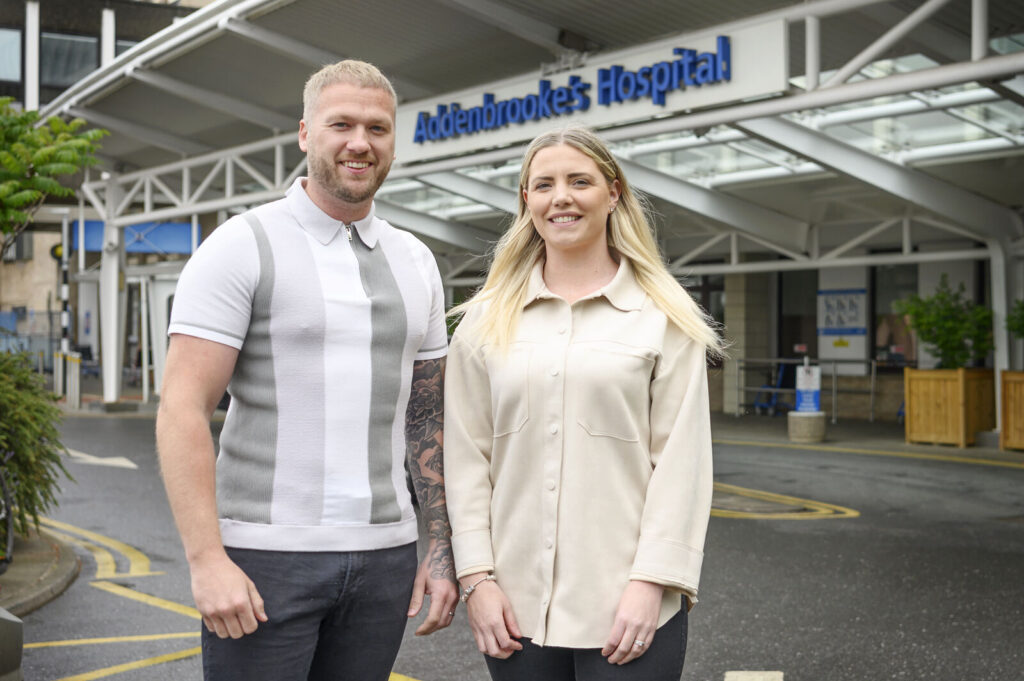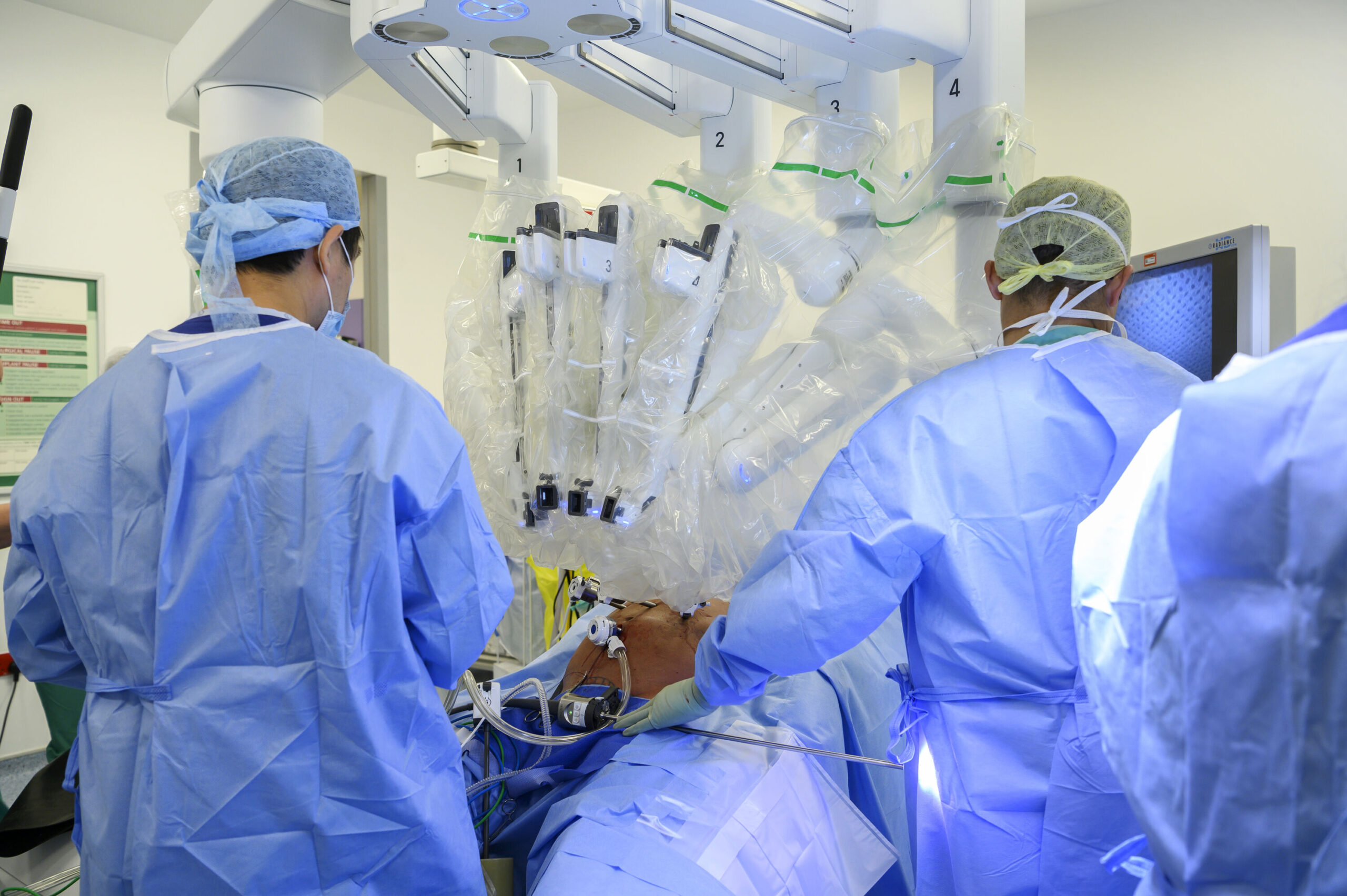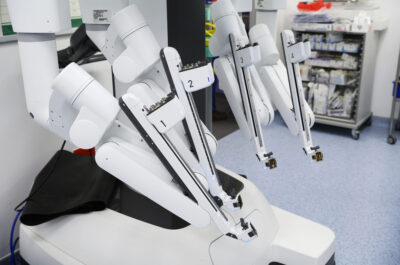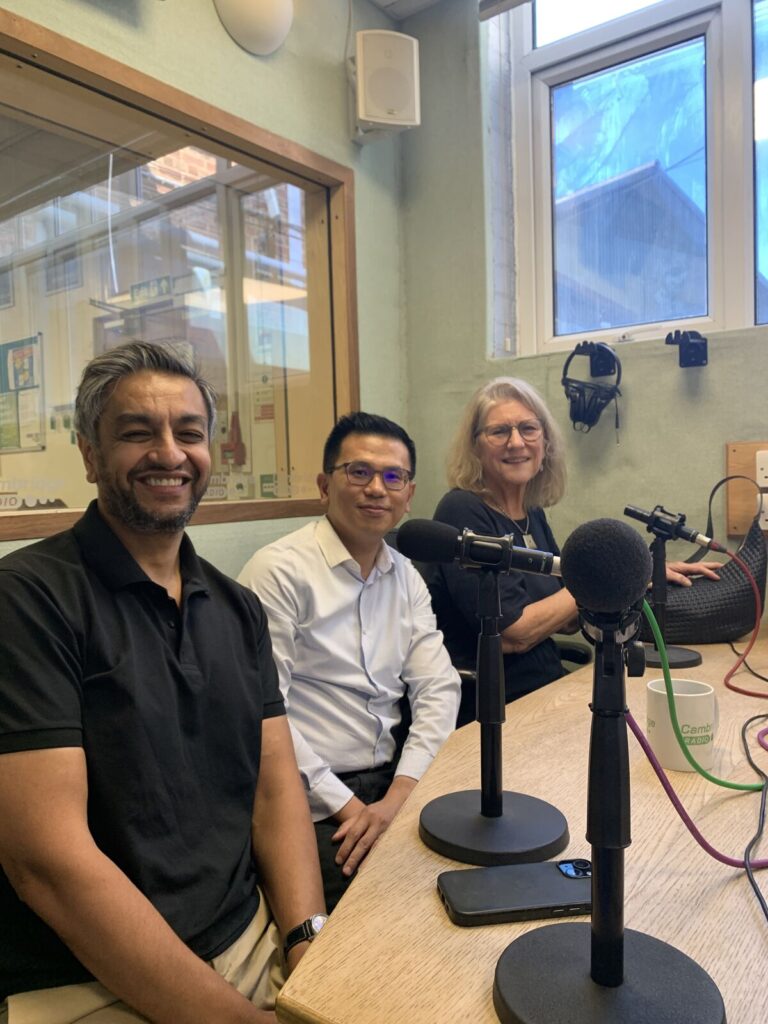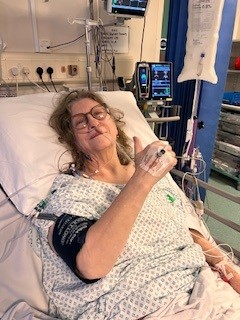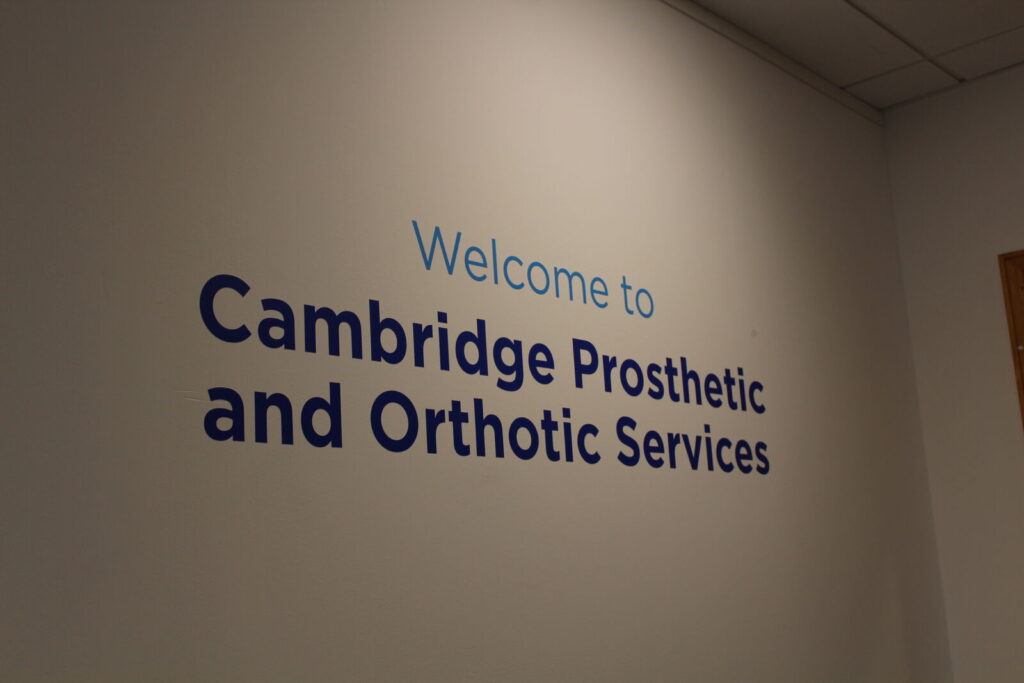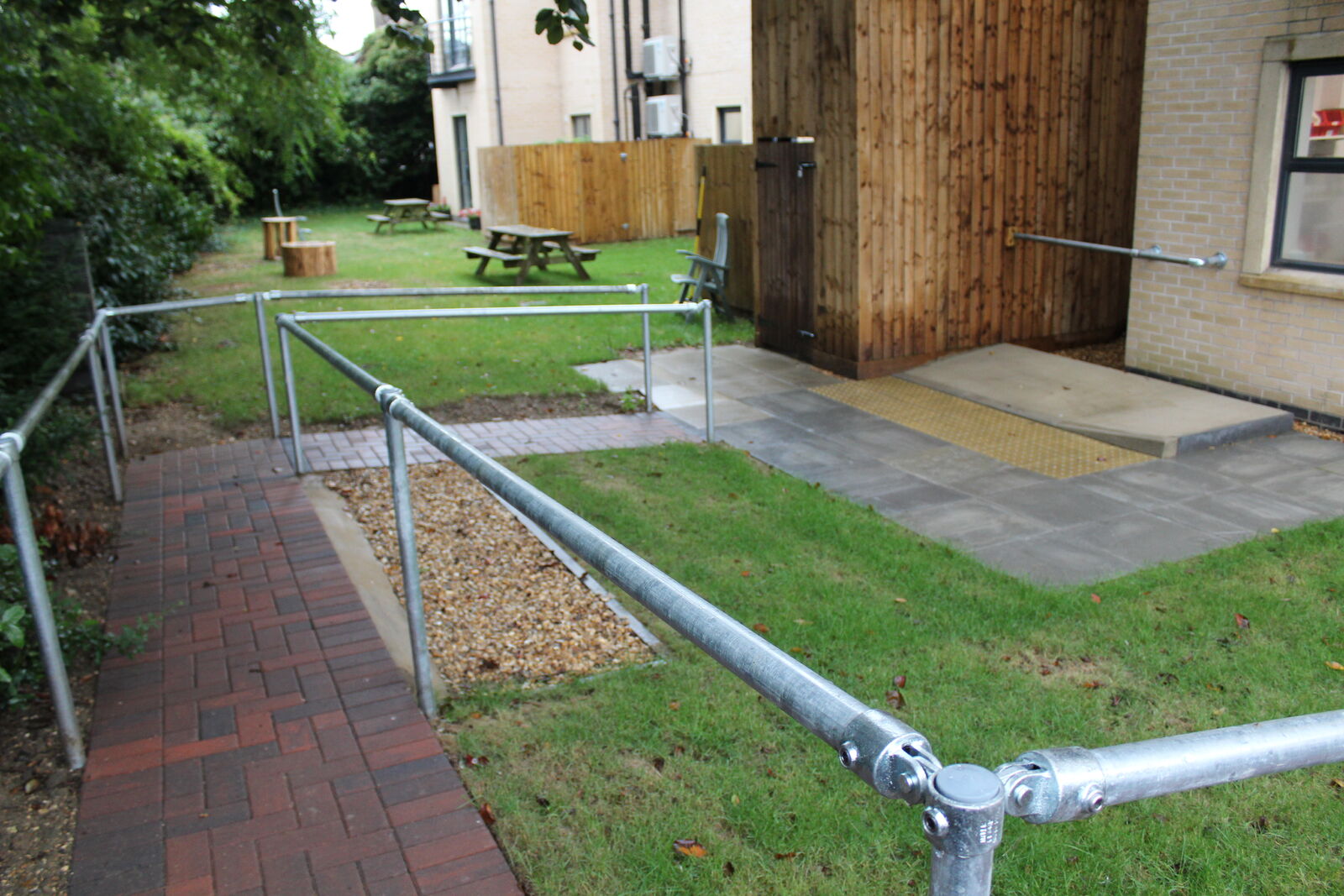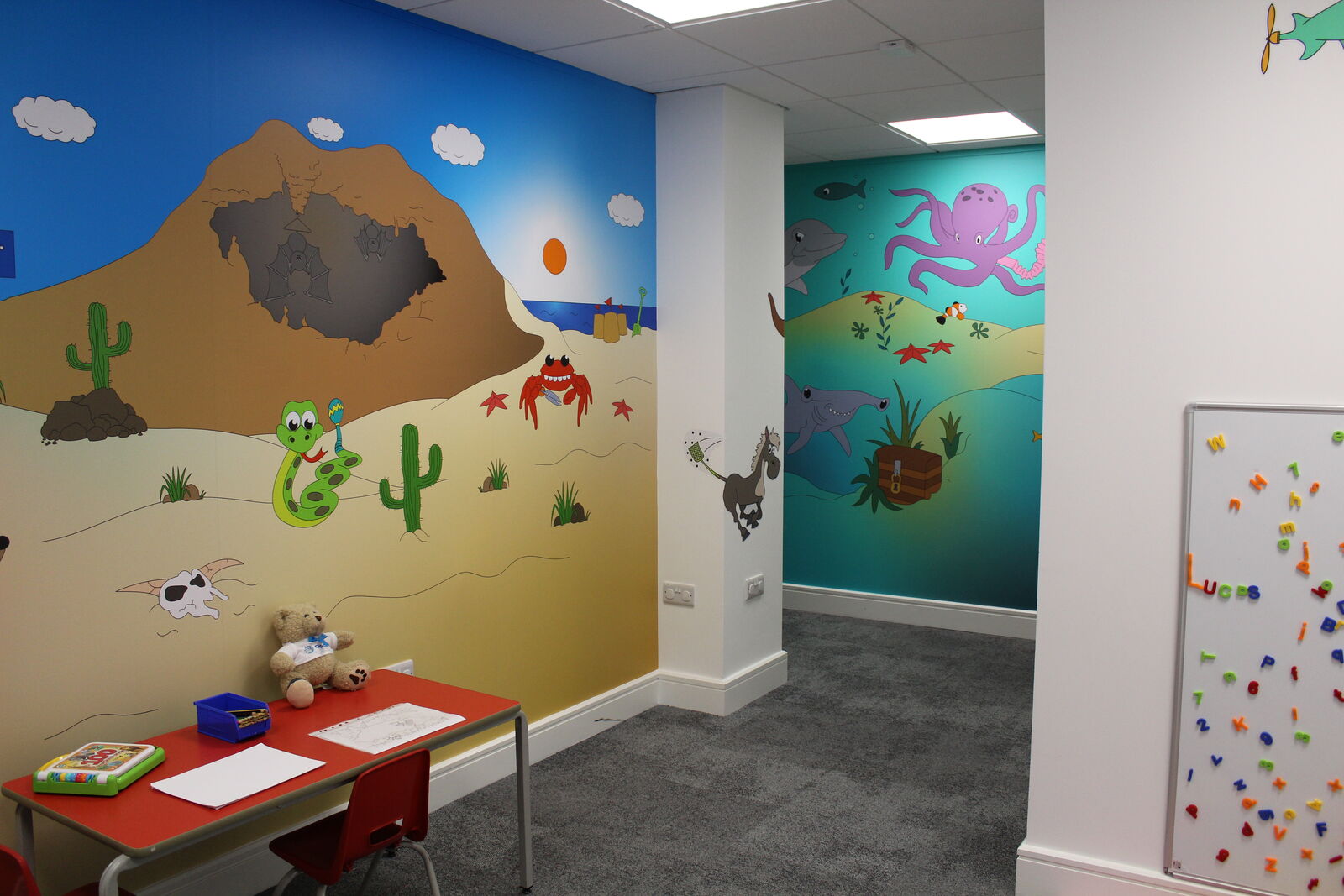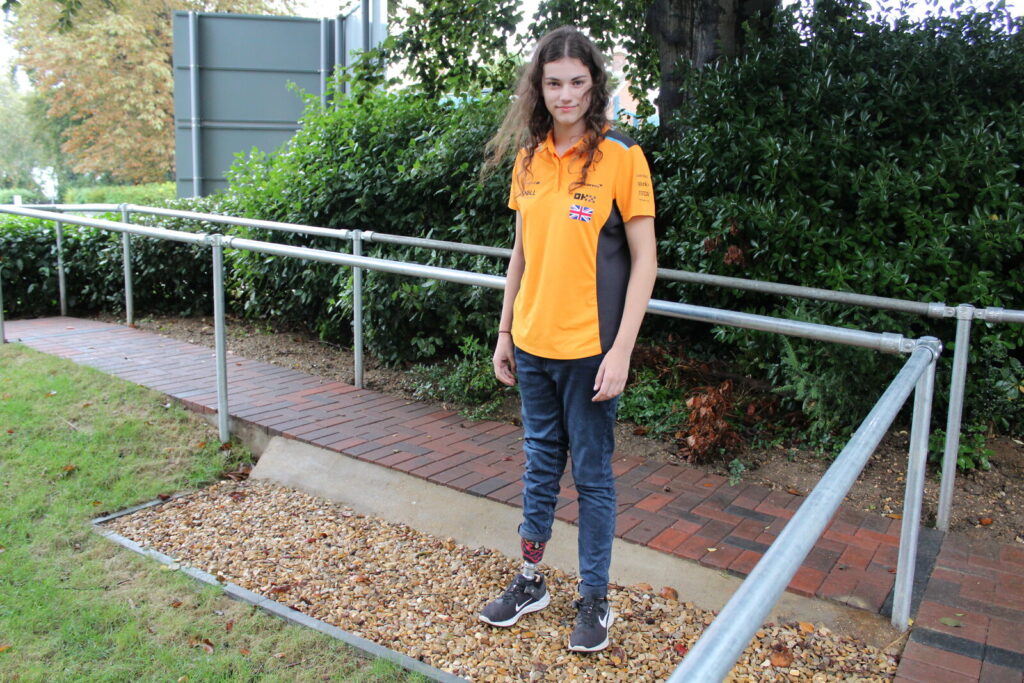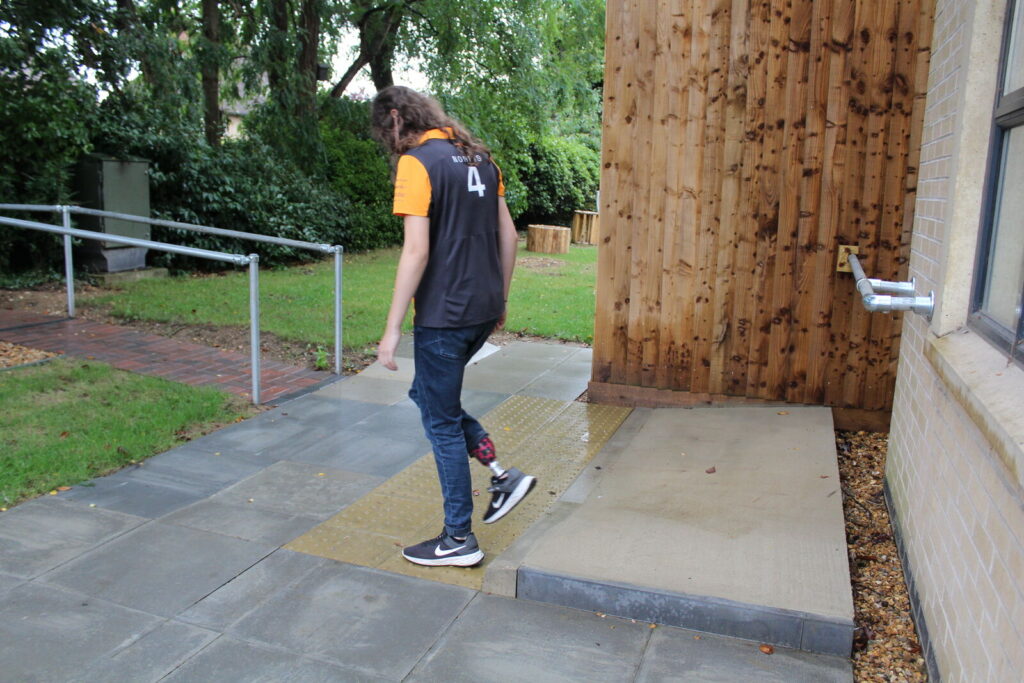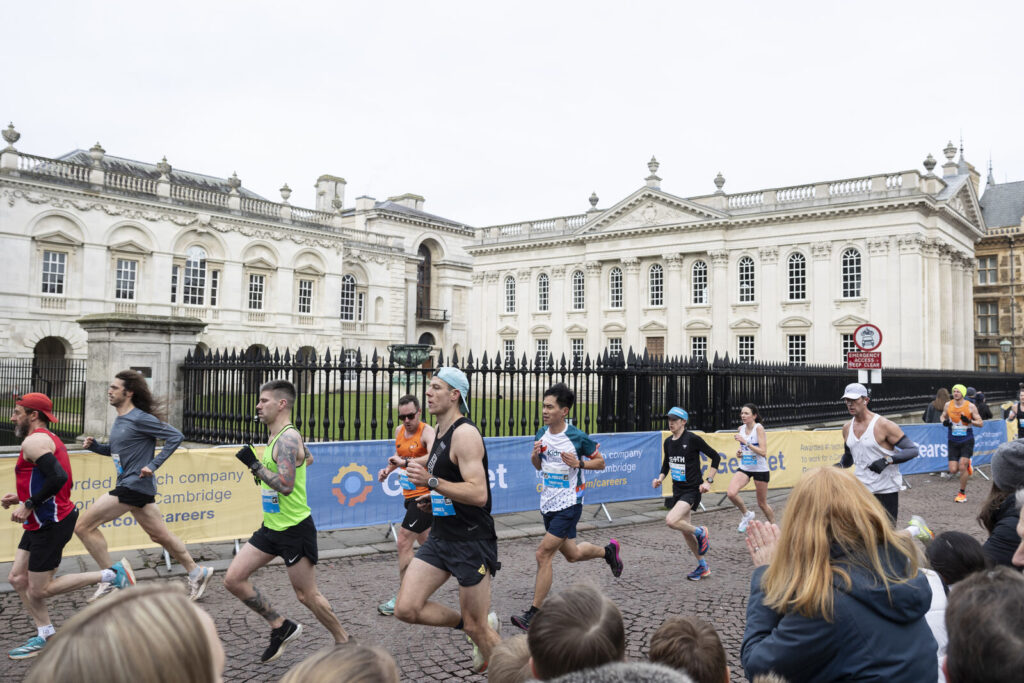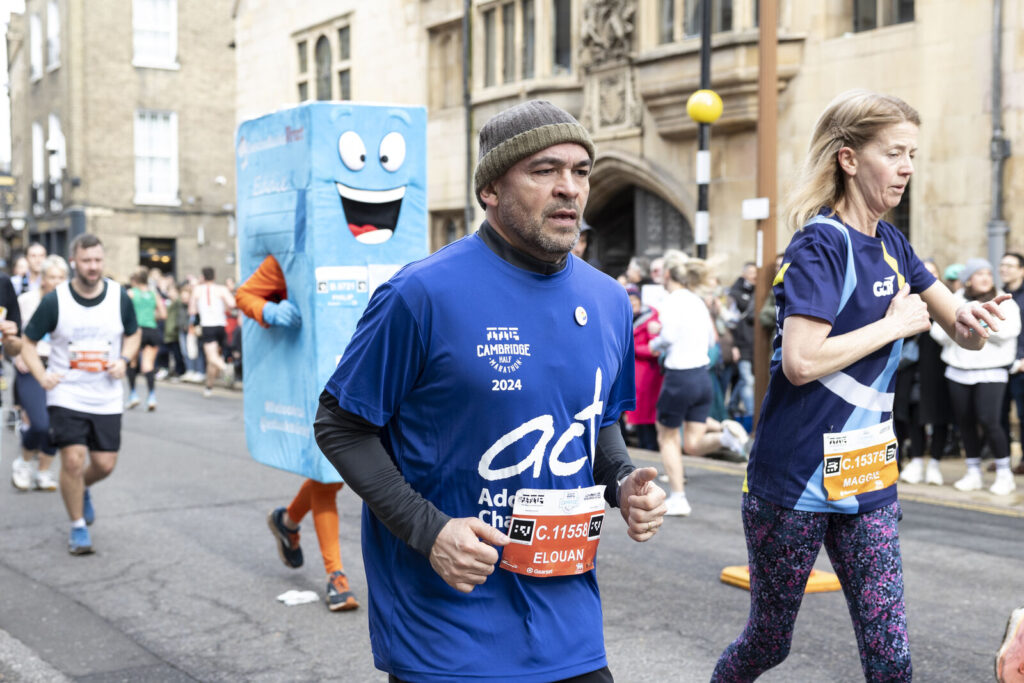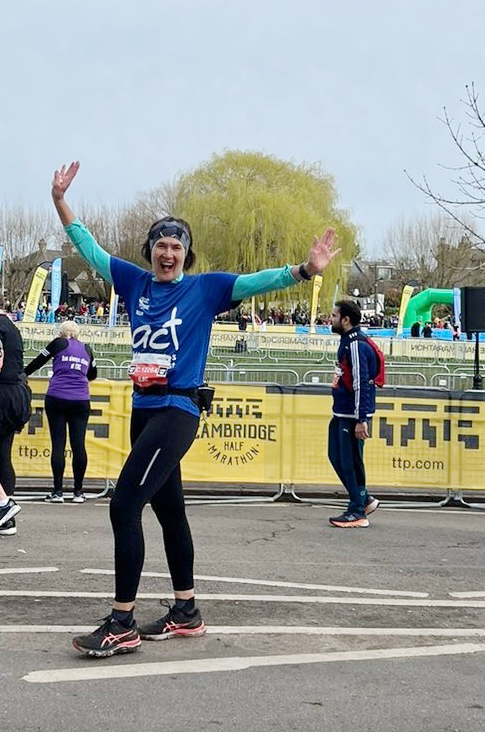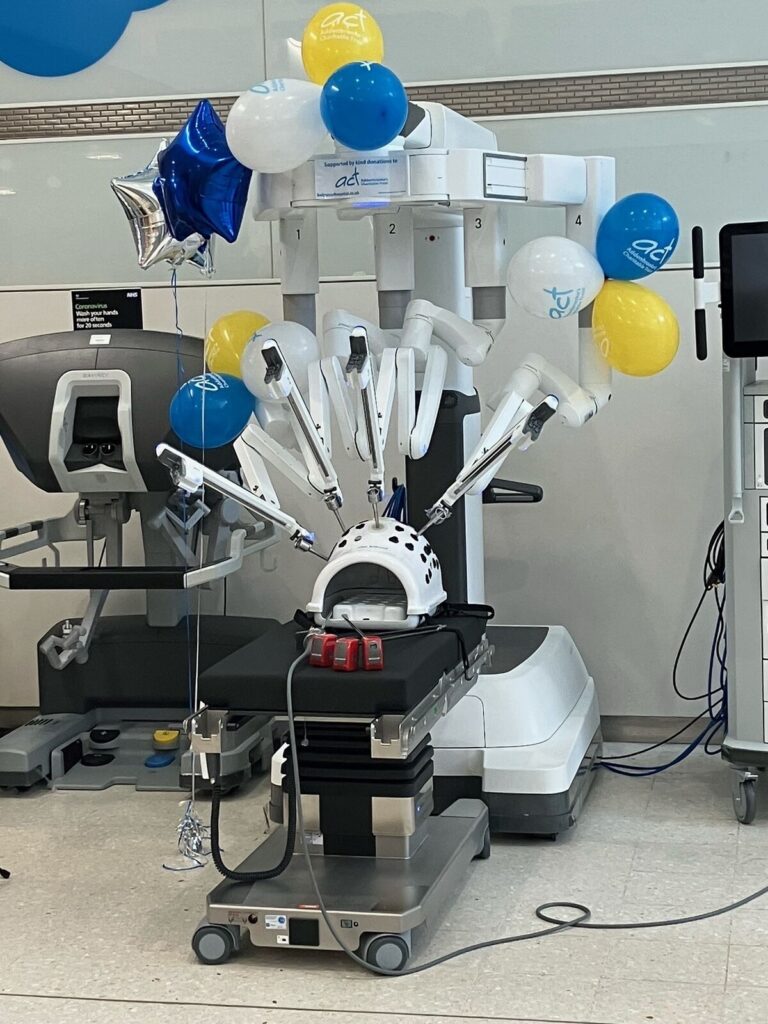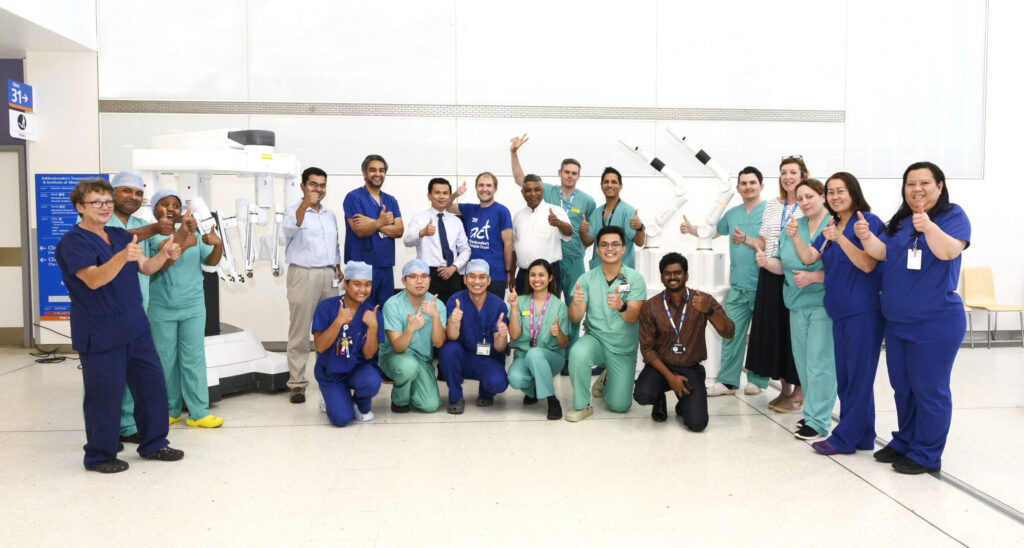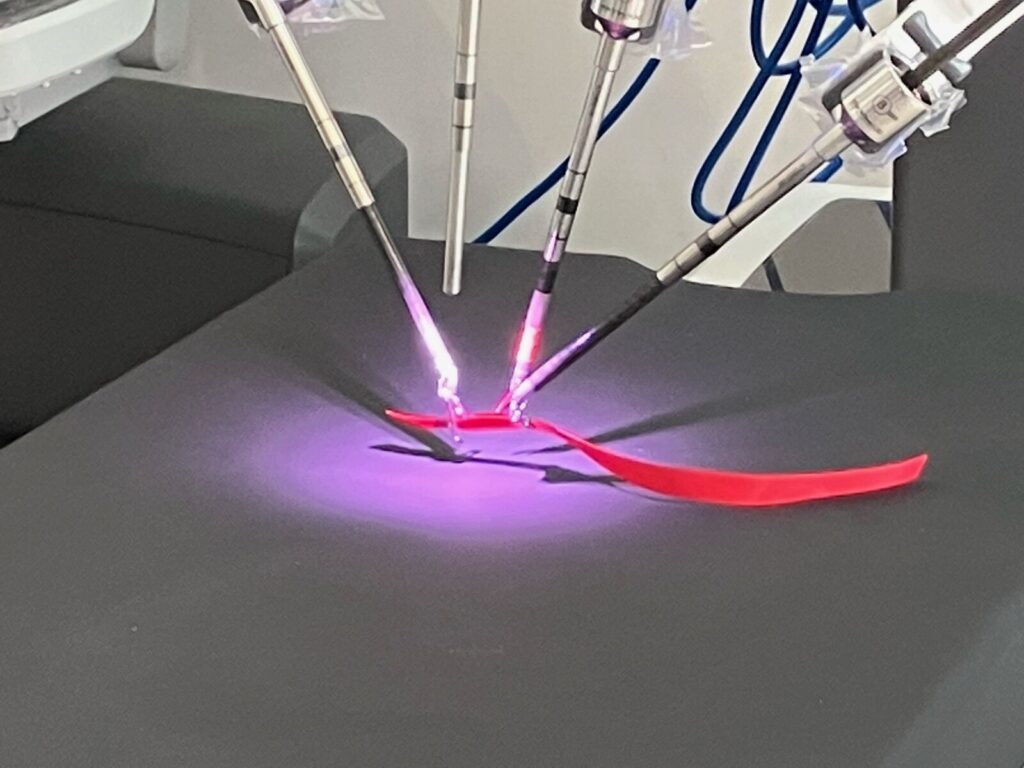A leading hospital charity in the East of England has been praised for its early investment in promising medical professionals at the start of their careers – providing them with the support they need to help bring potential breakthroughs in patient care and treatments.

Speaking at last week’s annual John Addenbrooke Lecture (JAL), organised by Addenbrooke’s Charitable Trust, Roland Sinker, CBE, Chief Executive of the Cambridge University Hospitals NHS Foundation Trust (CUH), which governs Addenbrooke’s Hospital and the Rosie Maternity, said: “In this ecosystem at the absolute heart are the donors and the major partners and that’s why it is so fantastic to have a partner like Addenbrooke’s Charitable Trust (ACT) who are at the centrepiece of trying to help us move this ecosystem forward, often providing us with the pump priming funding, the impetus, the additional step that we need to take things forward.”
“If we look at what ACT has delivered for this ecosystem, the range of things is really quite staggering… everything from precision breast cancer, which has turned itself into big national changes to pathways; support in surgical robotics, and at the heart of the patient story, the work around My ICU voice which lets patients – when they are at their most vulnerable – communicate with the team who are looking after them and their family.”
The lecture, which was held at AstraZeneca’s building on the Cambridge Biomedical Campus, brings together ACT supporters and donors to highlight the impact of the charity’s work – made possible only through the direct support of donors.
This year’s speakers were Dr Aditi Vedi, Consultant Paediatric Oncologist and Clinical Trialist and Professor Richard Mair, Assistant Professor of Neurosurgical Oncology at the University of Cambridge and Honorary Consultant Neurosurgeon at Addenbrooke’s Hospital, who during his talk ‘Transforming Survival in Brain Cancer’ thanked ACT for funding a fellowship which gave him the launch pad for his career.
Dr Vedi also thanked ACT, discussing how supporters of the charity had helped enhance patient access to trials in Cambridge through operational funding and co-funding research alongside commercial and research partners.
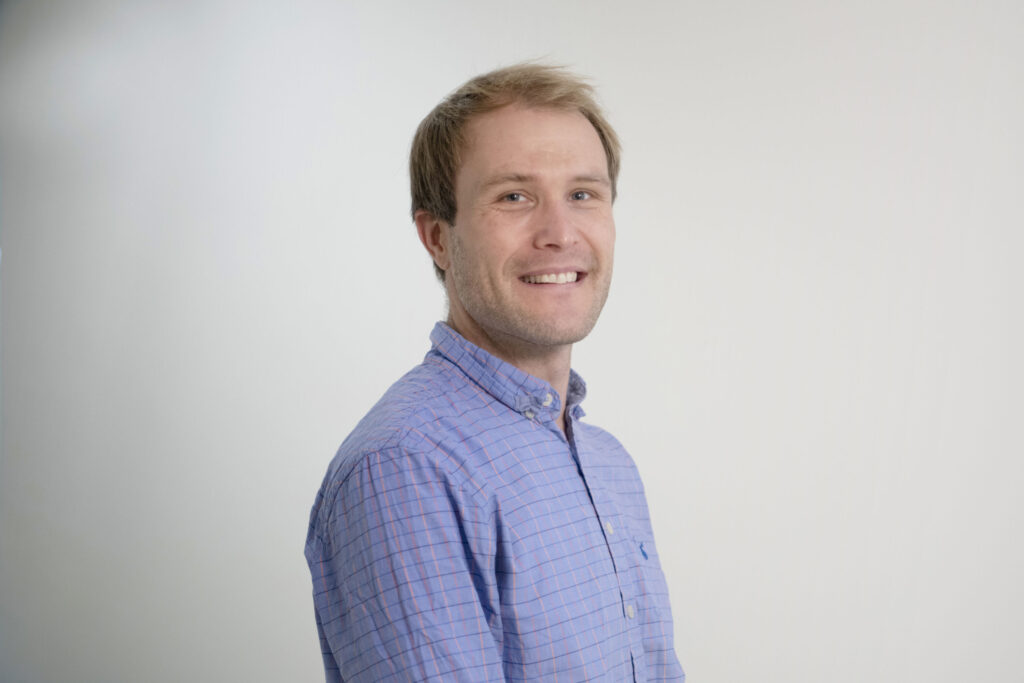
Speaking after the lecture, Paul White, Director of Communications and Impact at ACT, said: “We are incredibly proud of our track record of identifying and backing brilliant medical professionals early in their careers. We are very fortunate that our wonderful supporters provide us with the funds – and trust – to be able to support people like Richard and Aditi because we can see their brilliance and potential. By giving them the launchpad for their career, by providing funding for their fellowship, it means they have the potential to develop their research further which in turn gives them the potential to provide a breakthrough in patient care and treatments further down the line.”
“What both our speakers at this year’s JAL have talked about – more targeted therapies and precision medicine – is at the forefront of the care that will be provided at the two new hospitals we’re building here in Cambridge; the Cambridge Cancer Research Hospital and the Cambridge Children’s Hospital. These hospitals will bring amazing clinicians like Richard and Aditi together to progress diagnosis and treatment of illnesses we should be beating faster than we’ve ever been able to before. Every one of the supporters that joined us at this event have been part of the unique ecosystem that is providing hope to children with cancers and patients with brain tumours, and they should feel very proud of that.”
Professor Mair said the title of his presentation – ‘Transforming Survival in Brain Cancer’, was “probably more of an optimistic title than anything necessarily grounded in fact at the moment. But I do think we’re on the start of a journey that perhaps we could have some impact that would be transformational.”
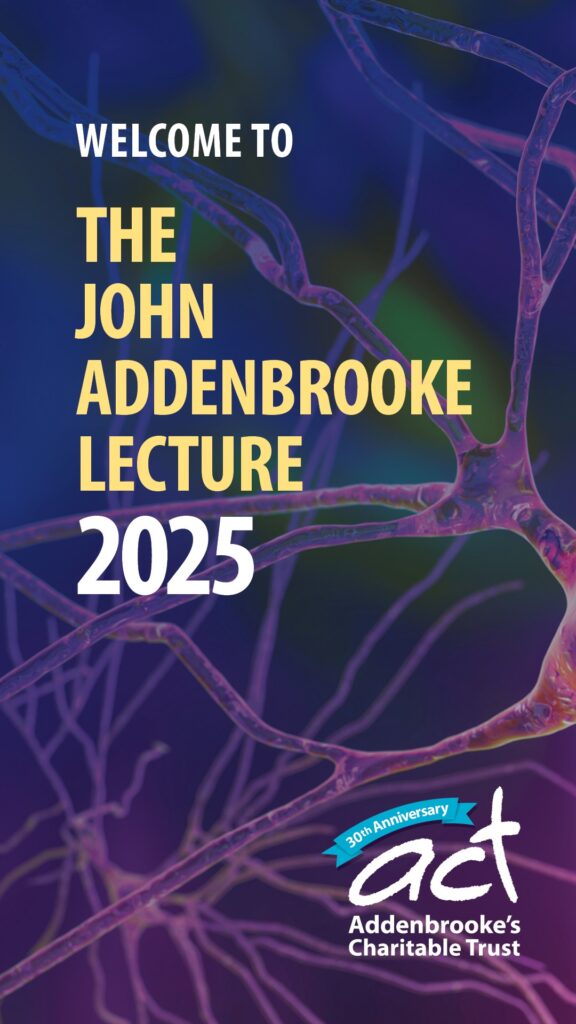
Addenbrooke’s Charitable Trust funded Professor Mair’s Fellowship back in 2013 – with Professor Mair telling the audience, “The only people who gave me a chance were ACT.”
“I got my first break with ACT to come down to Cambridge to do some research so I am hugely grateful for what ACT was able to do for me and my career, so it’s wonderful to be able to give that back a little bit and talk about what we’ve been doing in brain cancer.”
Professor Mair spoke about his work on the Minderoo Precision Brain Tumour Programme (MPBTP), a collaboration between the Minderoo Foundation, the University of Cambridge, the NHS and Illumina which aims to give more precise and effective care for brain cancer patients on the NHS, with the potential to revolutionise treatment and improve survival rates.
Patients with the most aggressive and fatal form of brain tumour, called glioblastoma, are being offered a detailed diagnosis and tailored treatment plan, based on genomic sequencing.
In her talk, Dr Vedi spoke about the importance of not just looking at targeted treatments but also reducing therapies where possible – telling the audience, “Obviously, targeted therapies are a part of it but I think reducing therapy is going to be the key.”
Praising both speakers, ACT’s Chief Executive Shelly Thake, pictured below, said: “What I see in Aditi is someone who rings true of every clinician that I meet in the hospital – someone who is dedicated, committed and someone who wants to go one step further every time for their patients.”

And of Richard, she said: “The future of patients that get brain cancer and brain tumours is very much more hopeful with the work that you’re doing with your colleagues both locally and globally and that is hugely encouraging.”
ACT’s President Dame Mary Archer, who was at the Lecture, praised ACT’s ability to invest in promising medical professionals early in their careers and said: “I’m very honoured and proud to be the President of ACT at this momentous anniversary time and I think ACT can be congratulated on spotting Richard’s potential so early on.”
ACT is the official charity for Addenbrooke’s and funds high-tech equipment, specialist staff, extra comforts and vital research above and beyond what the NHS is able to provide. This year the charity celebrates its 30th year – and has revealed that in the first 30 years alone its supporters have donated more than £150 million towards supporting innovation in patient care.
Click here to donate to ACT to help fund ground-breaking research and cutting-edge equipment within our hospitals.
Click here to find out more about the new Cambridge Cancer Research Hospital and to donate.

